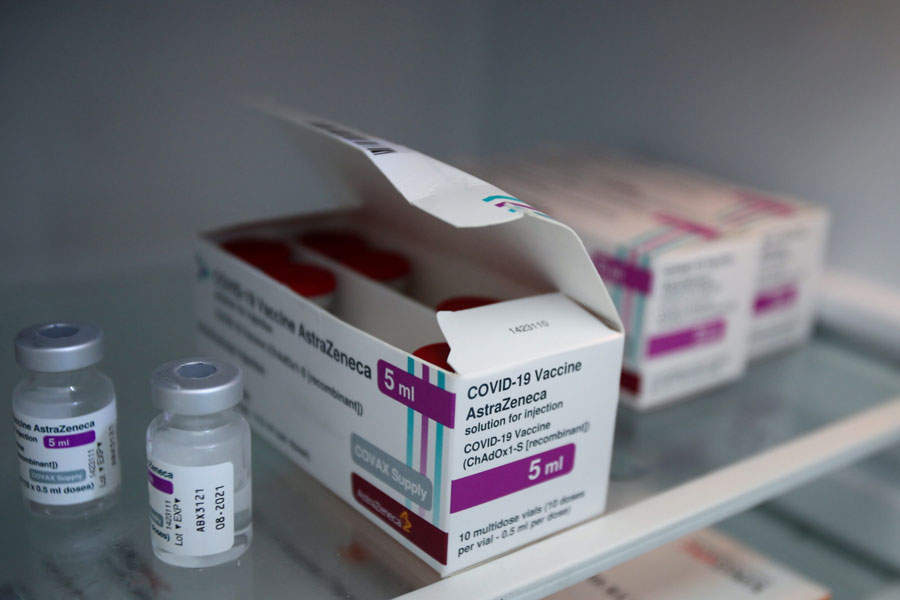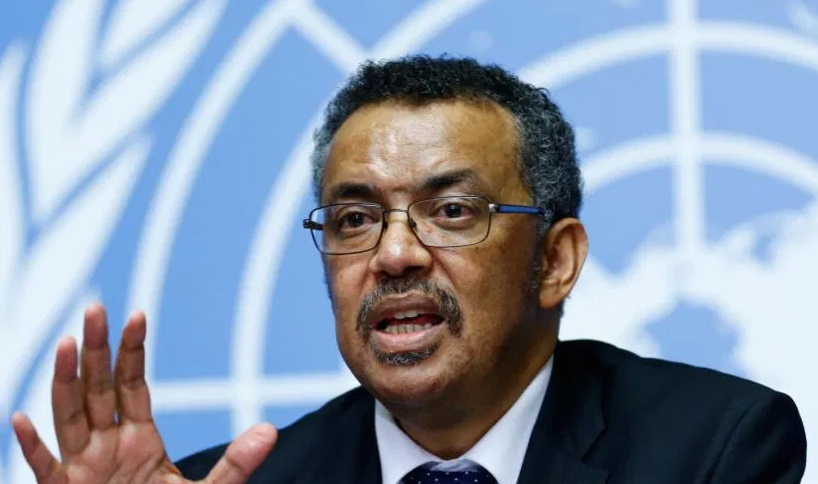
Viewpoints | Jun 22,2024
Burnt cars and shelling-devastated landscapes, empty and deserted streets, and quiet and eerie nights, not to mention fighting and general insecurity, are the scenes and order of the day in Tigray Regional State. A war that saw thousands die, millions displaced, and cities and towns looted has left a once peaceful region in tatters and its residents in untold shock.
An (un)civil war has also led to the crumbling of the health infrastructure. At Frewoini Primary Hospital, two hours drive from the region’s capital, Meqelle, documents are strewn on the ground, and the medicine cabinets empty except for a few drugs, most of them expired. Nearly everything else has otherwise been looted. Only the walls were left standing. In Wuqro, the town’s main hospital was also pillaged – a familiar pattern for such facilities. It was also affected by shelling, sending its windows flying onto the ground.
By the time a semblance of security from ongoing fighting returned, the provision of health services was only a fraction of what it was during peacetime, undoing decades of progress. Equipment in over half of the 205 health facilities across the region is fully damaged or non-functional due to lack of supplies and staff, according to UNICEF. Supplies have reached only a quarter of the health centres that used to be covered by the Pharmaceutical Supply Agency.
Only Meqelle Hospital has not suffered as devastatingly. Emergency care, vaccinations and delivery services continued through the worst of the war, and 550 of its staff now report to duty. But even this is far from inspiring confidence as a budget cut from earlier in the fiscal year and frozen bank accounts belonging to the hospital cause operational problems.
Experts point out the obvious. Even in the best-case scenario, where normalcy is returned to pre-war levels, the long-term impact will be adverse. Health outcomes, from infectious diseases to those addressable through nutrition and better standards of living, not to mention the Novel Coronavirus (COVID-19) pandemic, will be impacted for a long time to come by the interruption of immunisation programmes and the supply of medications for ailments such as HIV, diabetes and tuberculosis.
You can read the full story here
PUBLISHED ON
Mar 13,2021 [ VOL
21 , NO
1089]

Viewpoints | Jun 22,2024

Viewpoints | Feb 11,2023

Viewpoints | Sep 24,2022

Commentaries | Sep 14,2024

Fortune News | Feb 19,2022

Commentaries | Nov 13,2021

Commentaries | Apr 17,2020

Radar | Dec 17,2022

Viewpoints | Jul 05,2025

Commentaries | Jun 08,2024

Dec 22 , 2024 . By TIZITA SHEWAFERAW
Charged with transforming colossal state-owned enterprises into modern and competitiv...

Aug 18 , 2024 . By AKSAH ITALO
Although predictable Yonas Zerihun's job in the ride-hailing service is not immune to...

Jul 28 , 2024 . By TIZITA SHEWAFERAW
Unhabitual, perhaps too many, Samuel Gebreyohannes, 38, used to occasionally enjoy a couple of beers at breakfast. However, he recently swit...

Jul 13 , 2024 . By AKSAH ITALO
Investors who rely on tractors, trucks, and field vehicles for commuting, transporting commodities, and f...

Jul 5 , 2025
Six years ago, Ethiopia was the darling of international liberal commentators. A year...

Jun 28 , 2025
Meseret Damtie, the assertive auditor general, has never been shy about naming names...

Jun 21 , 2025
A well-worn adage says, “Budget is not destiny, but it is direction.” Examining t...

Jun 14 , 2025
Yet again, the Horn of Africa is bracing for trouble. A region already frayed by wars...